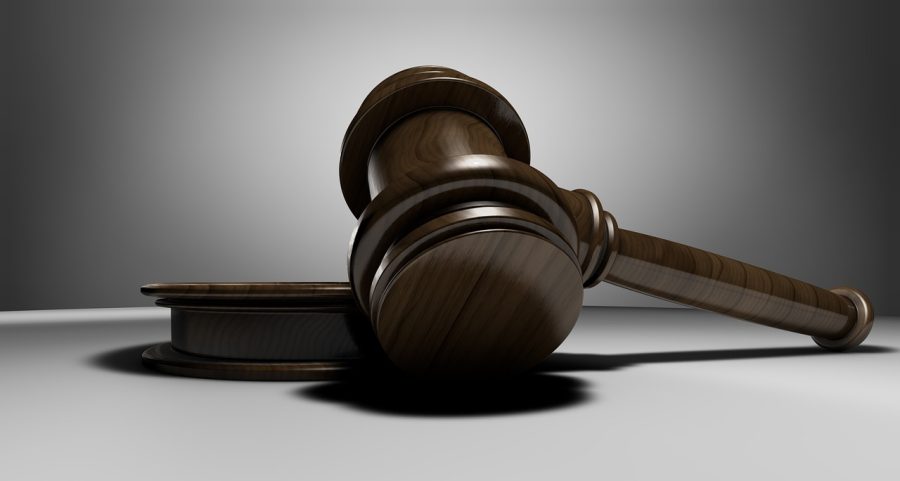What is The Typical Process for a Criminal Case?
January 11, 2023
Criminal cases are proceedings against a person charged with illegal conduct that the state believes is harmful to society. The definition of a criminal case might vary from nation to nation and even state to state in the United States. In the United States, for example, federal crimes are prosecuted in federal court, while many state crimes form the basis for state courts. Though criminal cases usually involve the prosecution of an accused person, also known as a defendant, they can also involve entities such as corporations or governments.
Criminal cases generally begin with the filing of formal charges against a defendant. A complaint is not required in many jurisdictions. The filing of charges is known as the opening of a criminal case. A judge will then determine if there is enough evidence to prove the defendant’s guilt beyond a reasonable doubt.
What Is Criminal Law? What Is a Criminal Case?
A criminal case is a proceeding against a person charged with illegal conduct that the state believes is detrimental to society. The definition of a criminal case might vary from nation to nation and even state to state in the United States. In the United States, for example, federal crimes are prosecuted in federal court, while many state crimes form the basis for state courts. Though criminal cases usually involve the prosecution of an accused person, also known as a defendant, they can also involve entities such as corporations or governments.
Criminal cases generally begin with the filing of formal charges against a defendant. A complaint is not required in many jurisdictions. The filing of charges is known as the opening of a criminal case. A judge will then determine if there is enough evidence to prove the defendant’s guilt beyond a reasonable doubt. Criminal law refers to any law that imposes penalties or other legal consequences upon people for their actions, whether intentional or not. Criminal cases are proceedings against a person who has been charged with illegal conduct that the state believes is injurious to society.
How Do Criminal Cases Proceed?
Criminal cases involve a fundamental shift in the legal relationship between citizens and the government. Until that point, people are presumed innocent of any crime or wrongdoing. The burden is on the state, represented by law enforcement and prosecutors through the process of criminal prosecution, to prove its case against an individual defendant. A complaint is not required in many jurisdictions, although the defendant may be arrested on a warrant issued by a judge based, at least in part, upon an official statement of charges delivered by a prosecutor to the court.
If the state fails to prove its case, the defendant is likely to be acquitted. If the state succeeds in proving its case to a jury beyond a reasonable doubt, the defendant will be convicted and sentenced if he or she is represented by counsel and does not enter into a plea bargain with prosecutors.
Is a Criminal Case the Same as a Civil Case?
Criminal cases are very different from civil cases. The difference between the two would be as great as the difference between an airplane and a bird, except that it is arguably impossible to prove such a thing. In criminal law, defendants are charged with crimes and not with civil actions such as negligence or defamation. Civil cases are in the realm of civil law and concern such issues as damages for an accident or a civil crime and, most importantly, breaches of contract. Civil cases are brought to court by one individual against another. Criminal cases, on the other hand, are brought to court by the government against a private or public individual after that individual has committed an illegal act.
Do I Need an Attorney for a Criminal Case?
The constitution and laws of the United States guarantee every individual the right to have an attorney represent him or her in a criminal case. However, just because an individual may not be entitled to representation by a public defender does not mean that he or she cannot hire an attorney to represent him or her in any particular criminal matter. Many individuals, particularly those living in urban centers, will find it possible to acquire the services of a private attorney who will defend them at no cost.
The basic requirements for a criminal case are that the accused individual must be informed of the charges against him or her and must have an opportunity to meet the prosecutor in person and to have an attorney present to answer any questions he or she might have. There are additional federal court rules which govern the conduct of attorneys during a criminal proceeding.
Conclusion:
In understanding the elements of a criminal case and criminal law, it’s important to note that charges are merely accusations. Every defendant is entitled to be presumed innocent unless proven guilty. In addition, every criminal suspect has a right to due process and a fair trial with an unbiased jury. Judges will ultimately decide if they believe that prosecutors have presented enough evidence against defendants to prove their guilt beyond a reasonable doubt.



